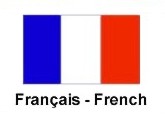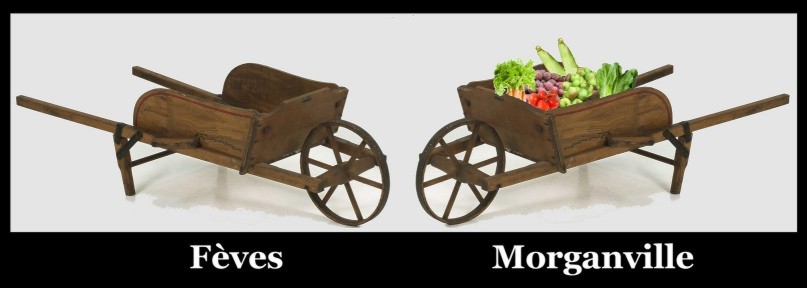Now Is Our Time to Help!
Now, this evening, where the same stars
Saw the Indians leave their campfire,
Guided once the covered wagons,
Guided Morgan to his Wild West,
Lighted women's night-long worry.
Guided soldiers home again.
Evening stars show on our gardens,
Stood above the peaceful scene,
When the Angelus was ringing.
In our hearts at eventide,
Gratefulness came like an East wind
For the basket full and brimming,
For tomatoes red as sunset,
For potatoes plump and filling.
Like the new moon, slowly, slowly,
Rose unease into our hearts.
In that picture in the school room
Of the Angelus at evening
Of the man and woman praying,
Is their basket heaping too?
No, their basket now is empty,
Empty from the blight of war,
From no fault of their own making.
Mothers reach for bread, and stones
Fill their hands, and children cry.
Can we pray while empty baskets
Line the world and ours are full?
How then shall we feed the whole world
When we are so far and small?
Each one, some one - that is all.
Comment
This is Carson's last chance to make her point. She connects the first Morganville people - the Native
Americans - to the soldiers recently returned from service.
She then draws attention to the bountiful harvest being experienced as the Angelus bell rings - the bell in
Catholic churches that calls the faithful to evening prayers. One woman representing the citizens of Morganville
has a wheelbarrow full of fresh vegetables.
But then, as the bell rings, she mentions the people who are not so fortunate. Another wheelbarrow appears with a
woman representing their sister city. That wheelbarrow is empty.
Can Morganville's people be content with prayers, while Fèves' children are hungry? And what can such a small village do?
The answer? Pick one place. Let others help another.


